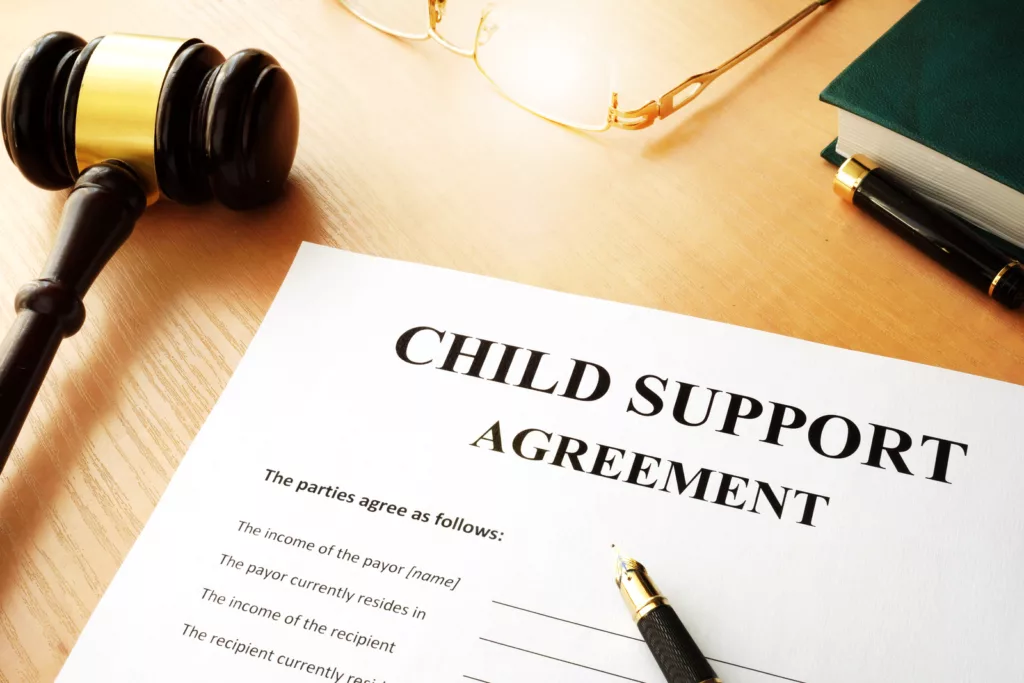What Happens When a Spouse Refuses to Sign the Divorce Papers?
Divorce can be a challenging process, emotionally and legally, even in the most amicable of situations. When one spouse refuses to sign the divorce papers, this challenge can become significantly more complicated. The Florida divorce attorneys at RTRLAW understand the emotional turmoil and uncertainty associated with such situations and are committed to guiding our clients through each step of the divorce process.
In Florida, the law doesn’t allow one spouse to stop the divorce process by merely refusing to sign the divorce papers. When a spouse is served with divorce papers, he or she has 20 days to respond to the petition. While this might create some delays and potential challenges, it doesn’t halt the process entirely. Here’s what you need to know about navigating this complex issue.
What is the Difference Between an Uncontested and a Contested Divorce?
In an ideal scenario, both parties are in agreement about the divorce and its terms, leading to an uncontested divorce. Here, the spouse not initiating the divorce (the respondent) consents to the divorce and signs the papers without contesting any terms.
However, when the respondent hasn’t agreed to the divorce in advance or refuses to settle, this leads to a contested divorce. In this scenario, you will need an experienced attorney to navigate the intricacies of divorce mediation or litigation.
What is Service of Process and Default?
Even if your spouse refuses to sign the divorce papers, the law in Florida allows the divorce process to proceed. First, the petitioner (the spouse who initiated the divorce) must serve the respondent with divorce papers through a process server or a sheriff. The respondent typically has 20 days to answer.
If the respondent still refuses to respond within the stipulated period, the petitioner can request a default from the Clerk of Court and a default final judgment from the court. A default means the court recognizes the respondent’s failure to respond and allows the petitioner to proceed with the divorce. The court may grant a default divorce, making decisions on all matters, including asset division, child custody, and alimony, without the respondent’s input.
Is a Resolution Better through Mediation or Litigation?
In a contested divorce, mediation can assist resolving the matter either before litigation begins or after the lawsuit is filed. Mediation is a process where a neutral third party helps the couple resolve their issues, leading to a mutually agreed-upon settlement. If mediation fails or is not suitable, the case may progress to trial, where a judge will make the final decisions.
During this process, it is crucial to have an experienced family law attorney by your side. A seasoned lawyer can advocate for your interests, whether in negotiation, mediation, or court.
Let RTRLAW’s Family Law Attorneys Help You Navigate a Contested Divorce
While a spouse’s refusal to sign divorce papers may add an additional layer of complexity to the process, it doesn’t stop you from seeking a divorce in Florida. With patience, the right approach, and skilled legal guidance from RTRLAW, you can successfully navigate the intricacies of your divorce, protecting your rights and interests at all stages.
RTRLAW’s family law attorneys are available to meet with you over the phone or in person at one of our conveniently situated offices throughout Texas and Florida.
Contact us today for a no-obligation case review to explore your options and find out how RTRLAW can assist you with your family law matter. RTRLAW offers affordable retainer agreements. For more information, call or text us toll-free at 1-833-HIRE-RTR (1-833-447-3787).


 CALL US NOW
CALL US NOW TEXT US NOW
TEXT US NOW



























